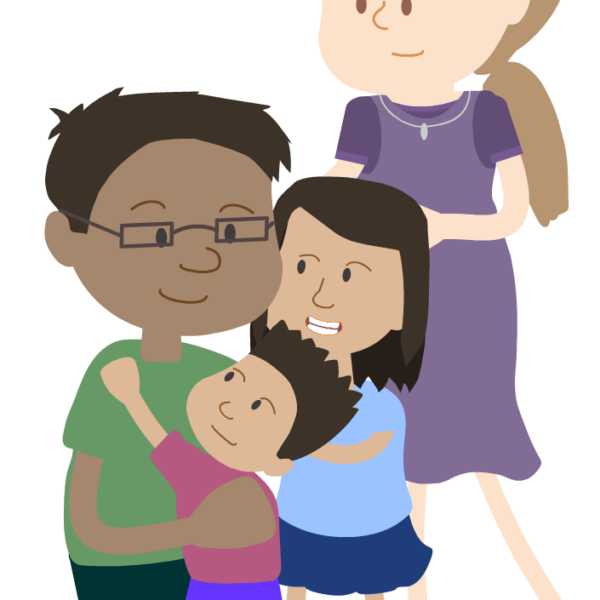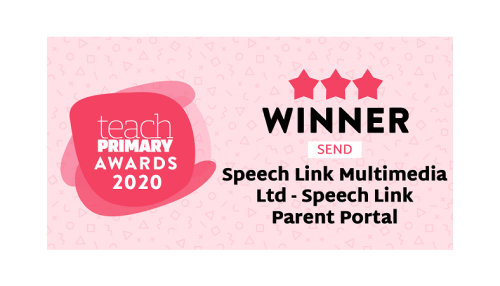Welcome to the Parent Portal, our award-winning speech and language support website for parents, carers and families.
At Speech & Language Link, we understand that supporting your child’s language learning, alongside everything else that life demands from you, can be challenging. The Parent Portal provides ideas and advice, information and activities for developing your child’s understanding, talking and listening in a way that works for all of your family.

How to use the site
Visit the development tab to help you work out what the next steps are for your child’s learning and then go to the stage-appropriate activities section. You don’t always need to create a special time for working on listening and talking, use our everyday activities turn many routine tasks into support activities.
Our speech and language therapists have devised support videos for you. Check out the ‘Can I have your attention please?’ series to help get your child in the right frame of mind for learning and access super fun games and ideas to encourage a range of language skills.
Our activities are designed to fit around normal family life and by implementing some of them every day you can make a real difference to your child’s language development.

Support for Schools
Speech & Language Link is a team of speech and language therapists and software engineers who produce award winning packages of assessments and interventions for schools, called Speech Link and Language Link. We work with over 4,000 schools throughout the UK to support children with speech and language needs aged 4 to 14 years old.
Find out about our packages for schools:

These materials are all Copyright, Speech Link Multimedia Ltd
What can you do with them?
- Download them for your own use
- Print them for your own use
- Link to them
What’s not allowed
- Uploading these files to other websites or any file sharing facility
- Selling these files or printed versions of these files
- Emailing the files or posting on social media (just send or post a link to them!)


